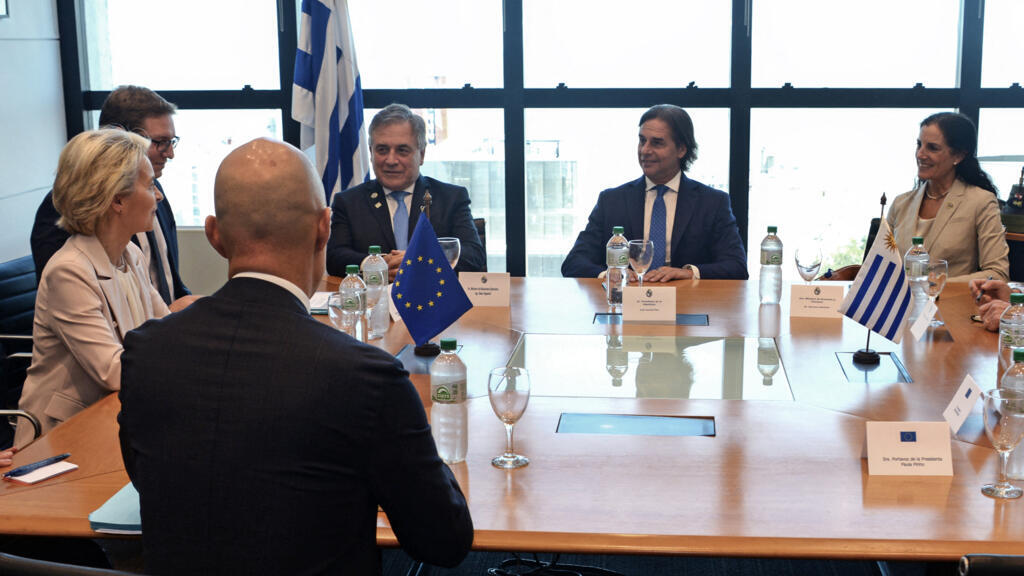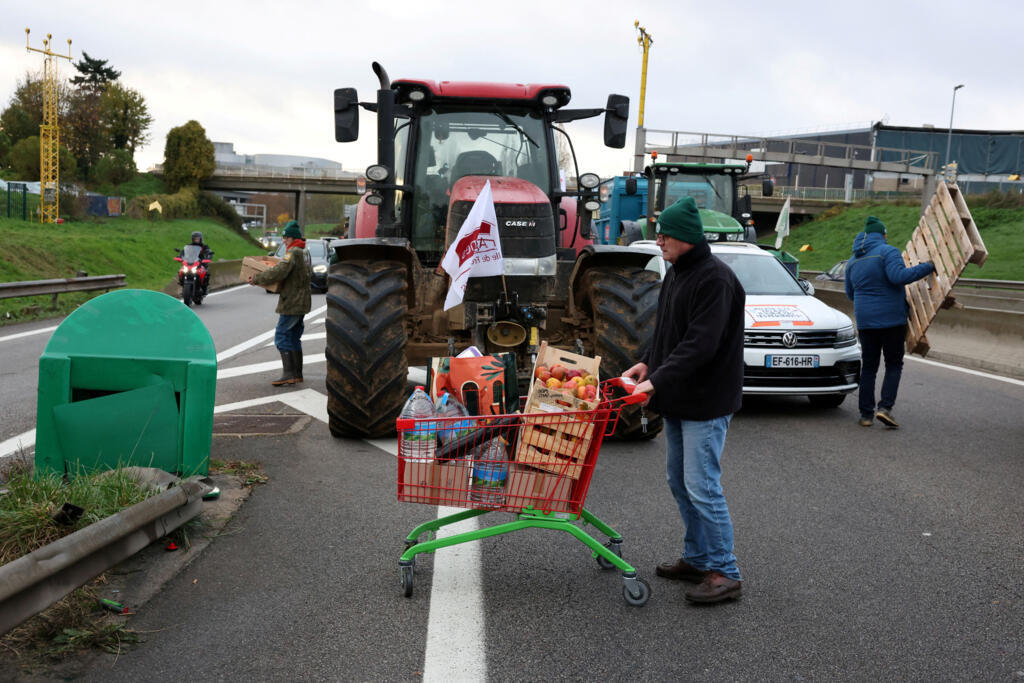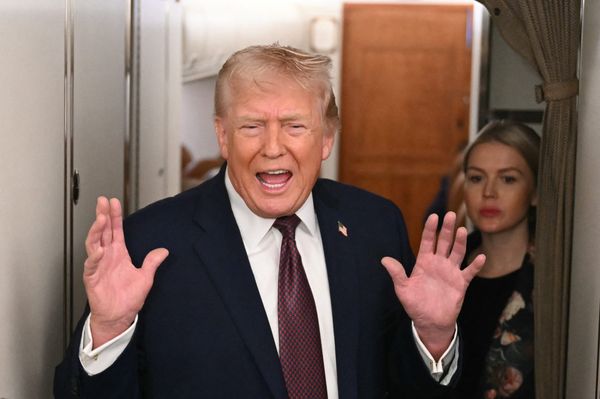
The European Commission has formally endorsed the long-debated trade agreement with the South American Mercosur trade bloc, hailing it as a chance to open up new markets for European exporters while promising fresh safeguards for farmers.
On Wednesday, Brussels signed off on the text – covering Argentina, Brazil, Uruguay and Paraguay – and attached a new “legal act” designed to shield “sensitive European products” from market disruption.
The Commission pledged to intervene swiftly if imports of beef, poultry, sugar or ethanol threaten to destabilise European producers.
However, resistance to the deal remains strongest in France, which has long been at the forefront of opposition to the agreement.
Paris has warned that the influx of cheap Latin American produce risks undermining Europe’s agricultural sector.
The new guarantees, however, were welcomed by French government spokeswoman Sophie Primas, who said the EU had “listened to France’s reservations”, though she stressed ministers still needed time to study the details.
EU and Mercosur trade bloc finalise free trade deal opposed by France
'Timing is right'
The EU Commission now wants the 27 member states and the European Parliament to approve the agreement quickly, ideally before the end of 2025.
With Brazilian President Luiz Inácio Lula da Silva holding the rotating Mercosur presidency, officials in Brussels believe the timing is right. “There is no reason to wait,” one senior EU figure told AFP.
For the EU executive, the source added, the deal is about more than trade. It is part of a wider push to deepen ties with “reliable allies” at a moment of geopolitical flux.
With tariffs on European goods rising in Donald Trump’s United States and Chinese competition intensifying, Brussels is keen to diversify its partnerships.
Cars, machinery, wines and spirits are expected to gain easier access to Latin American markets, while products such as meat, honey, rice and soybeans would be exported more readily to Europe.
Commission President Ursula von der Leyen insisted the agreement would bring tangible benefits
“We are continuing to expand our partnerships and create new opportunities for European businesses,” she said.
According to EU estimates, the pact could save exporters more than €4 billion a year in tariffs.

French farmers protest EU-Mercosur deal, block motorways in southern France
France leads Mercosur opposition
Despite such assurances, farm groups are far from convinced. Copa-Cogeca, Europe’s largest agricultural lobby, condemned the endorsement as “a deeply damaging political manoeuvre”.
In France, the powerful FNSEA union has vowed to keep fighting and called on President Emmanuel Macron to resist ratification. Farmers are due to protest in Brussels on Thursday.
The political backlash is widening, too. France’s National Rally has denounced any softening of Macron’s stance as a “betrayal”, while the left-wing France Unbowed party has demanded a “general mobilisation” against the treaty.
In the European Parliament, centrist MEP Pascal Canfin has pledged a cross-party bid to delay ratification unless more transparency and stronger safeguards are offered.
Critics also highlight environmental and sanitary concerns, arguing that South American producers do not operate under the EU’s strict standards.
However, Germany and several other member states are firmly in favour of the Mercosur pact, seeing the deal as a vital opening for their industries.
France alone cannot block the deal. At least four countries representing 35 percent of the EU population would be required to form a “blocking minority”.
With new protections now built into the package, Brussels hopes that momentum is finally turning in favour of ratification — after years of stalemate.
(with newswires)







